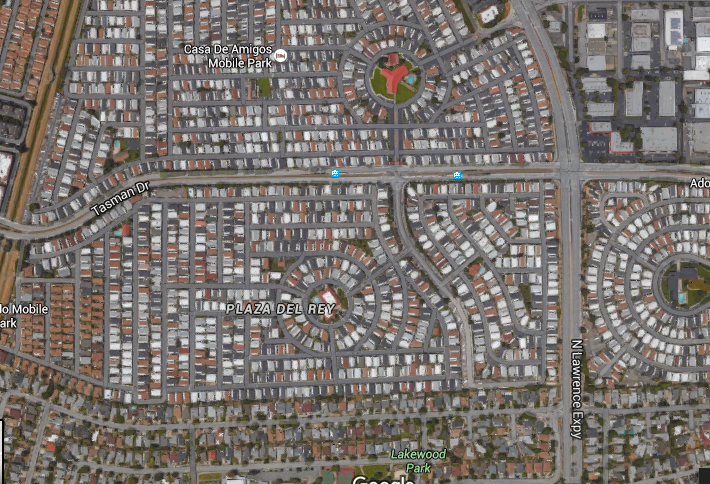For all of their success in leading a resurgence of CMBS financing following the Great Recession, retail properties face a tougher rode ahead in the short term.
Approximately $50 billion of retail-backed CMBS loans are scheduled to mature through 2016. Collateral backed by retail properties accounts for the largest portion of that, its also accounts for the largest proportion of loans defaulting at their 2015 maturities, according to Fitch Ratings.
For loans with original maturities in 2015, retail comprises the majority of the currently delinquent loans ($555.2 million) followed by office ($469 million). Other property types have far lower levels of deliquent loans, including hotel ($162.9 million), mixed use ($161.9 million), multifamily ($44.6 million), industrial ($12.4 million), and self-storage ($6.5 million).
Read the entire article at www.Costar.com.
Find out more about Liberty at our Youtube page.
To discuss commercial mortgage financing needs contact Liberty Realty Capital Group.




